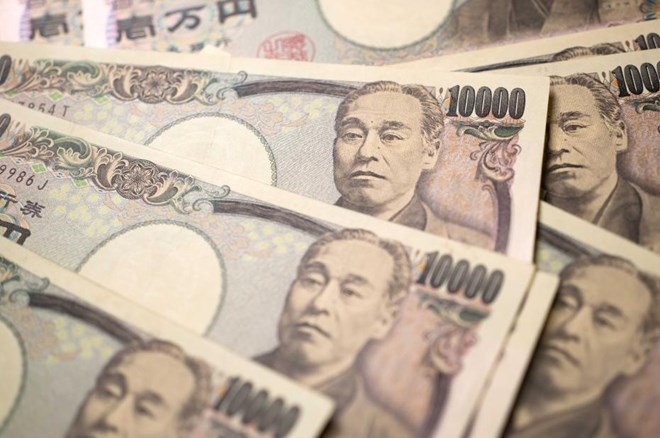
In its policy statement, the Bank of Japan said it would maintain short-term interest rates at -0.1% and cap the yield on 10-year Japanese government bonds at zero.
The BOJ's move was broadly in line with earlier expectations. The Bank of Japan is scheduled to hold a press conference next Friday, when Governor Kazuo Ueda may offer more specific guidance.
“Given the extremely high uncertainties surrounding domestic and overseas economies and financial markets, the BOJ will patiently continue monetary easing while responding promptly to developments in economic activity and prices as well as financial conditions,” the Bank of Japan said in a statement.
However, the BOJ's loose monetary policy has made it an exception. Major central banks around the world have had to raise interest rates over the past two years to control inflation.
The yen fell about 0.4% to around 148.16 yen per dollar following the BOJ's decision. The yield on 10-year Japanese government bonds was largely unchanged. The yen has now weakened more than 11% against the greenback year-to-date.
At its previous policy meeting in July, the BOJ under Ueda eased its yield curve control (YCC), which allows long-term interest rates to fluctuate. This is a policy tool that allows the BOJ to target interest rates and then buy and sell bonds as needed. The loosening of YCC controls is also the first step in a gradual move away from the policy adopted under former Governor Kuroda.
Experts predict that the BOJ will quickly exit its loose monetary policy around the first half of 2024. Mr. Ueda himself revealed that the BOJ may have enough data by the end of this year to determine when to end negative interest rates.
Even though core inflation has exceeded the Bank of Japan's stated 2% target for 17 consecutive months, BOJ officials remain cautious about exiting stimulus.
Japan's core inflation in August was 3.1% year-on-year. Consumer prices excluding energy and fresh food rose 4.3%.
“Japan has a good chance of moving from a deflationary environment to a persistent inflationary environment,” said Oliver Lee, an economist at Eastspring Investments.
“The key is wages. Japan needs to see meaningful and sustained wage inflation to influence consumer sentiment. Hopefully this could be the start of a positive economic growth cycle, but it is too early to say whether it will succeed. We probably need another six to 12 months to see how things go,” Lee added.
A premature rate hike could derail growth, while too much delay would put further pressure on the yen, adding to financial stress.
Japan's gross domestic product growth in the April-June quarter was revised down to an annualized 4.8 percent from an initial 6 percent due to weak capital spending.
Source




![[Photo] Closing of the 11th Conference of the 13th Central Committee of the Communist Party of Vietnam](https://vstatic.vietnam.vn/vietnam/resource/IMAGE/2025/4/12/114b57fe6e9b4814a5ddfacf6dfe5b7f)


![[Photo] Overcoming all difficulties, speeding up construction progress of Hoa Binh Hydropower Plant Expansion Project](https://vstatic.vietnam.vn/vietnam/resource/IMAGE/2025/4/12/bff04b551e98484c84d74c8faa3526e0)


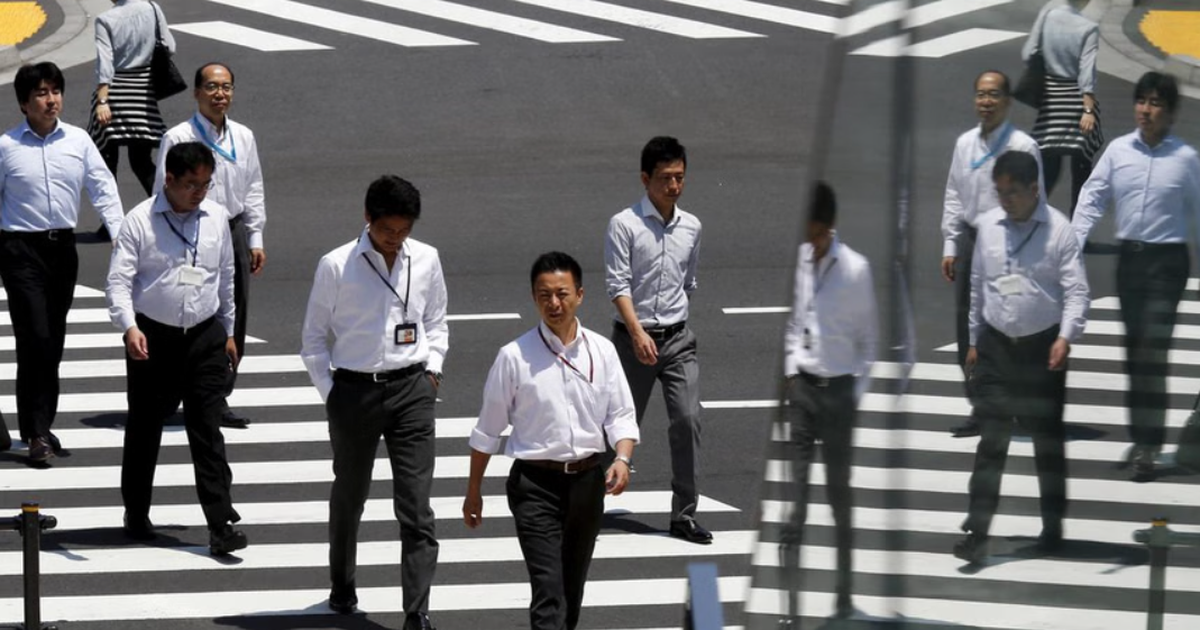
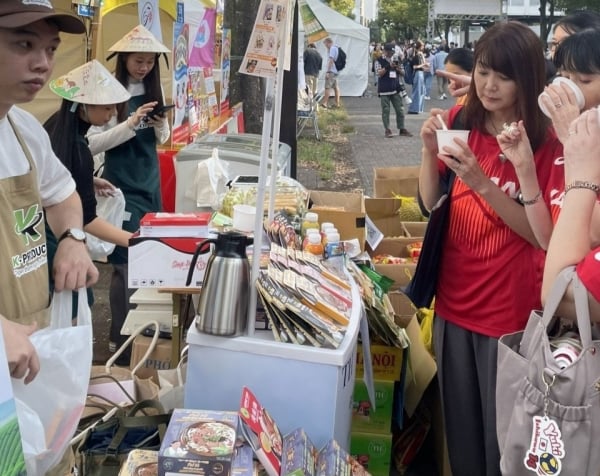








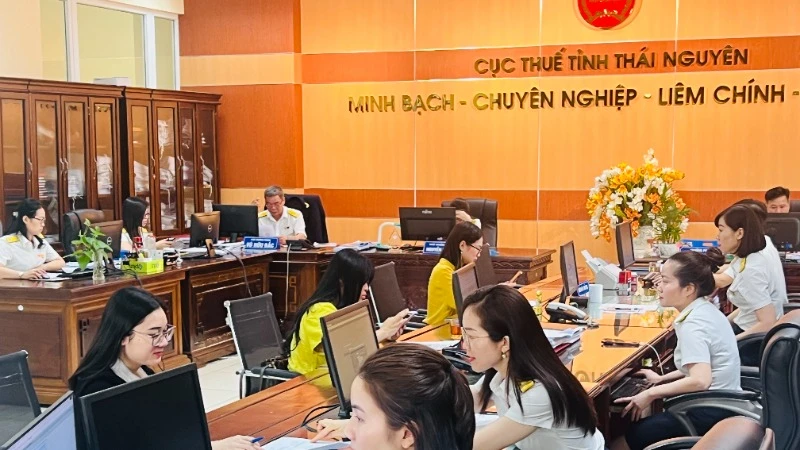
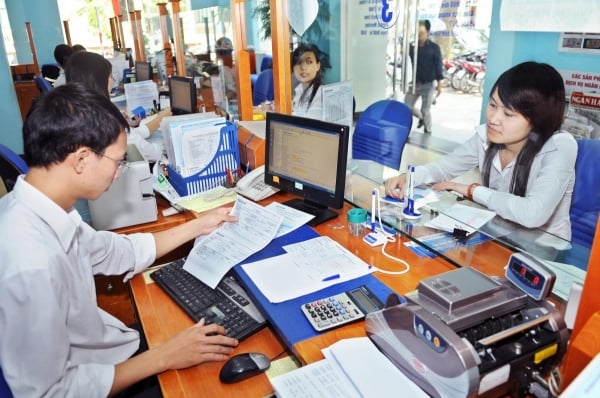
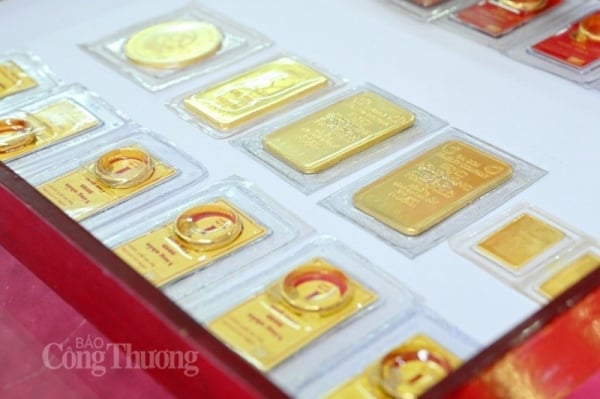
























































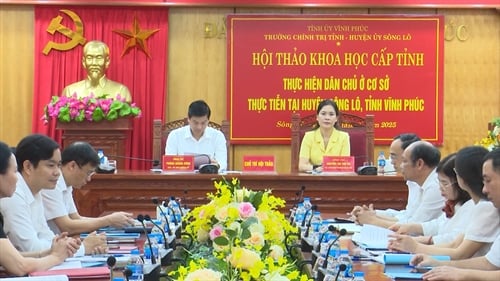

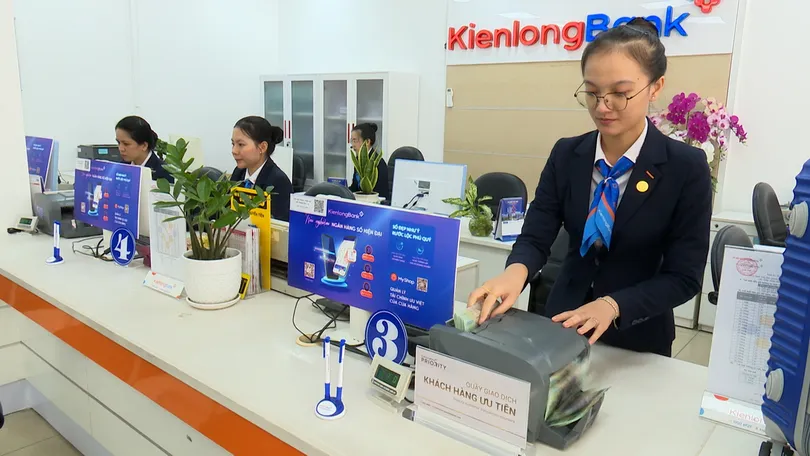














Comment (0)